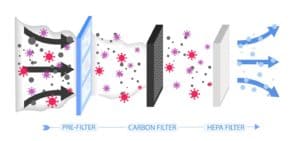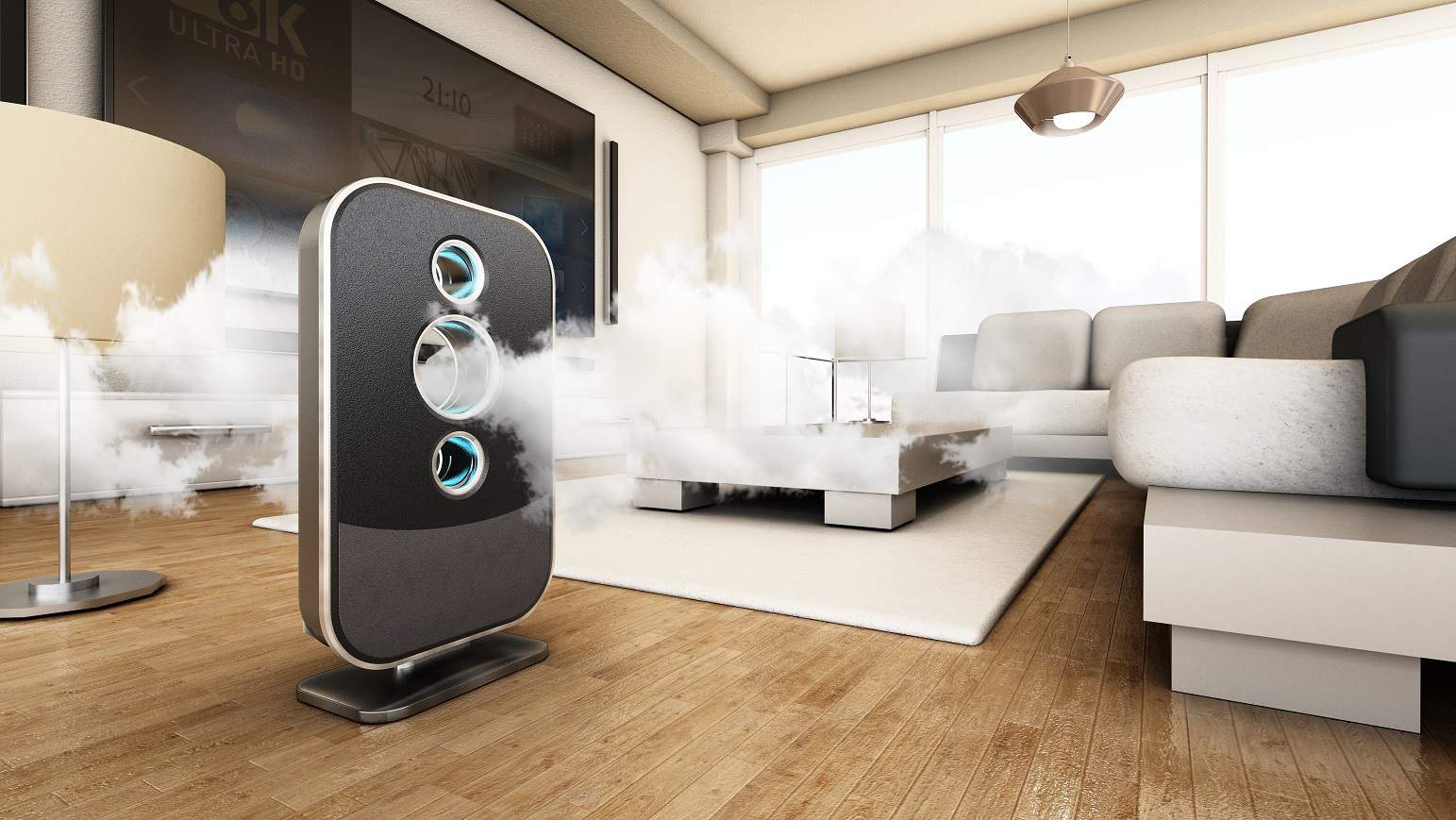Maintaining a small house environment is necessary for energy efficiency. But it may also contribute to poor indoor air quality if air contaminants aren’t adequately filtered. An increasing number of homeowners are searching for methods to enhance the air quality for themselves and their families.
Given that you like to spend most of the time inside your home, it pays to have an efficient method for maintaining healthy indoor air in your house. Fortunately, a whole house air filtration system is the ideal answer for worries about indoor air quality. An air purifier may help, but selecting the right whole-house air filtration can be challenging with so many choices available. By supplementing your current HVAC (heating, ventilation, and air conditioning) system with a whole house air purifier, you may improve your home’s indoor air quality and relieve asthma and allergy problems.
Here are the top three benefits of having a whole house air filtration:
1. Whole House Air Filtration Gives Healthier And Passive Ventilation
The primary advantage of having an air purifier is the healthier air your family will breathe throughout the year. Germicidal capabilities refer to the ability of whole-home air purifiers to decrease germs by filtering out bacteria and viruses. Purifiers can help remove allergy symptoms and alleviate other respiratory problems such as asthma by reducing dust, pet dander, and other pollutants in the air.
Meanwhile, passive ventilation systems include a series of vents into external walls or exterior windows to enable regulated entry of outdoor air into the house. Natural circulation, wind, and temperature variations between interior and outdoor air contribute to drawing in and circulating fresh air throughout the house.
Ensure that you hire an expert technician to install your whole house air filtration with the newest cutting-edge industrial technology as well as the highest standards of customer care. Try to check out Arlington air conditioner inspection for more information.

2. Whole House Air Filtration Maintains Indoor Humidity
The moisture content rises whenever one takes a bath, showers, cooks, or breathes. High humidity may lead to uncomfortable, musty, damp, and clammy air. The warmer an environment, the more the moisture slows the body’s natural cooling mechanism, making it seem even warmer.
The relative humidity is the ratio of water in the air compared to the ratio at a given temperature. Most people feel comfortable when the relative humidity is between 30% and 60%. The interior humidity level must be over 30% to maintain the home’s structural integrity and avoid homeowners’ health problems.
Additionally, beyond 60% level, the air is excessively moist, which is detrimental to both the house and the residents. Higher humidity promotes mildew, bugs, and decay in houses, increasing the risk of heatstroke, heat exhaustion, headaches, and dehydration.
To counteract excessive humidity levels inside the house, many homeowners turn on air conditioning. Reducing humidity by using air conditioning can cost you both money and discomfort. People may have a whole house air filtration system installed. In this system, the central air distribution system is used. Customize the comfort level of your home by programming your dehumidification system to maintain specific humidity levels.
3. Whole House Air Filtration Saves Energy Cost
According to the US Department of Energy, dirty air filters may add up to your energy usage about 15 percent. Because heating and cooling make up almost half of your total energy bill, if you lower your heating and cooling use by 10 percent, you may potentially save 7.5 percent per month.
The development of new materials has enabled the filter industry to create filter media with reduced resistance to airflow while retaining high particle capture efficiency, allowing for the simultaneous improvement of indoor air quality and cost reduction of energy.
Filters affect both the energy needed to run the system and the amount of energy it saves. To get the HVAC system to run, the air resistance is measured to determine how much energy is required. The lower the resistance, the lower the energy needed by the system.
Conclusion
Your indoor air will be cleaner and healthier when you have a whole house air filtration system installed. You can relax knowing that your whole-house air filters are more effective at collecting airborne contaminants than most conventional air filters.
Lastly, incorporating a whole-house air filtration into your HVAC system allows it to operate more effectively, thus extending its service life. The reason for this is because the purifier captures pollutants that would otherwise collect in the system’s filters, forcing the air conditioner to work harder to chill the area. Your HVAC investments will last longer if you install a whole-home air purifier.

